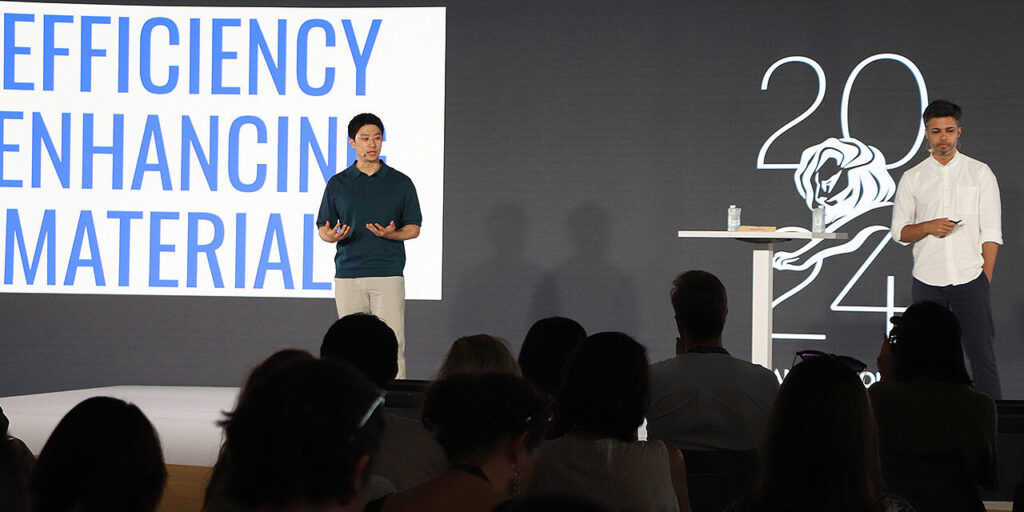The presentation highlighted Hyundai and Kia’s innovative Nano Cooling Film, which is designed to reduce the temperature inside the car by up to 10°C in hot weather without darkening the glass, significantly reducing the energy consumption needed to cool the interior of the car.
The Nano Cooling Film is made up of three layers: the outer layer radiates heat from the interior of the car to the outside at mid-infrared wavelengths, while the two inner layers reflect incoming heat at near-infrared wavelengths, significantly reducing the total amount of heat reaching the interior of the car.
In April, Hyundai Motors first introduced Nano Cooling Film in Lahore, Pakistan, where extreme heat, air pollution and window tinting laws are challenges. The “Made Cooler By Hyundai” campaign aims to help local residents who suffer from air pollution and rising fuel costs due to excessive air conditioning use. Despite a local ban on tinting, the company equipped more than 70 vehicles with Nano Cooling Film for free and affixed “Made Cooler by Hyundai” campaign stickers.
The campaign highlighted the film’s benefits, such as temperature reduction and increased driving comfort, while respecting local regulations and cultural aspects. It stressed the importance of understanding historical context, legal realities, local behavior, everyday experiences and brand courage when adopting advanced technologies.
During the seminar, the group highlighted the success of the campaign in Pakistan and the positive feedback it received, emphasizing that the campaign effectively communicated Hyundai’s brand vision of “Progress for Humanity”.
The seminar was attended by media and marketing professionals from around the world who showed keen interest in the presentations. After the seminar, the attendees expressed their gratitude to the speakers for demonstrating how technology can be used to address social issues.

